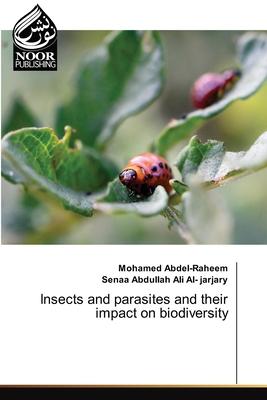Parasites pose risks to host individuals, populations, and communities, though I argue that a majority of negative impacts are severely exacerbated by global change. A review of species extinctions caused by parasites or pathogens highlighted that disease was never the sole cause of extinctions but acted with other drivers such as habitat loss.Parasites interact with global change drivers at multiple scales. For example, chronic digenean trematode infections in bivalve individuals frequently cause castration but do not typically increase mortality. However, environmental anoxia increases death in bivalves infected with trematodes (but not uninfected bivalves), an effect that cannot be appreciated by considering either environmental change or parasitism in isolation. At a population level, global change may enhance parasite transmission between viable hosts. Stressors such as temperature change can increase the survival time of trematode infective stages in the environment, while winter food shortages enhance the rate of viral shedding. Changes to host community structure alter transmission, which may enhance prevalence or intensity of parasites in given host species.
| FindBook |
有 1 項符合
Insects and parasites and their impact on biodiversity的圖書 |
 |
Insects and parasites and their impact on biodiversity 作者:Abdel-Raheem 出版社:Noor Publishing 出版日期:2024-03-05 語言:英文 規格:平裝 / 348頁 / 22.86 x 15.24 x 1.98 cm / 普通級/ 初版 |
| 圖書館借閱 |
| 國家圖書館 | 全國圖書書目資訊網 | 國立公共資訊圖書館 | 電子書服務平台 | MetaCat 跨館整合查詢 |
| 臺北市立圖書館 | 新北市立圖書館 | 基隆市公共圖書館 | 桃園市立圖書館 | 新竹縣公共圖書館 |
| 苗栗縣立圖書館 | 臺中市立圖書館 | 彰化縣公共圖書館 | 南投縣文化局 | 雲林縣公共圖書館 |
| 嘉義縣圖書館 | 臺南市立圖書館 | 高雄市立圖書館 | 屏東縣公共圖書館 | 宜蘭縣公共圖書館 |
| 花蓮縣文化局 | 臺東縣文化處 |
|
|
圖書介紹 - 資料來源:博客來 評分:
圖書名稱:Insects and parasites and their impact on biodiversity
|











